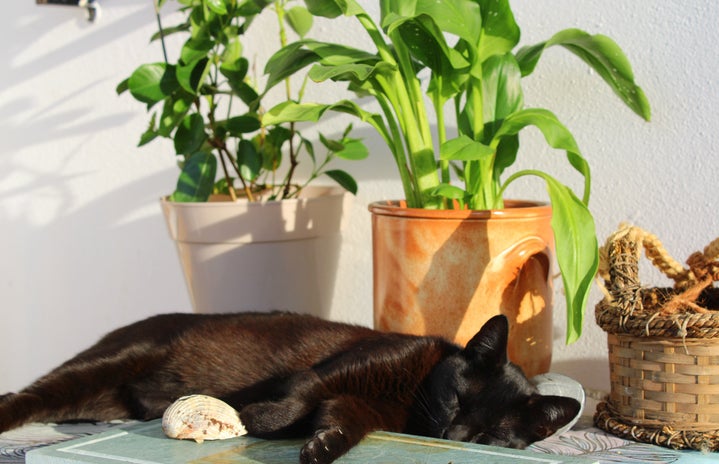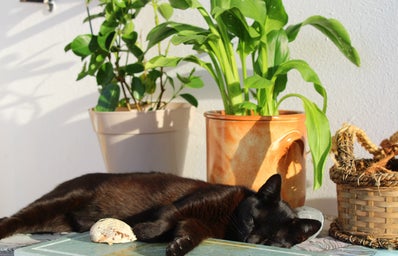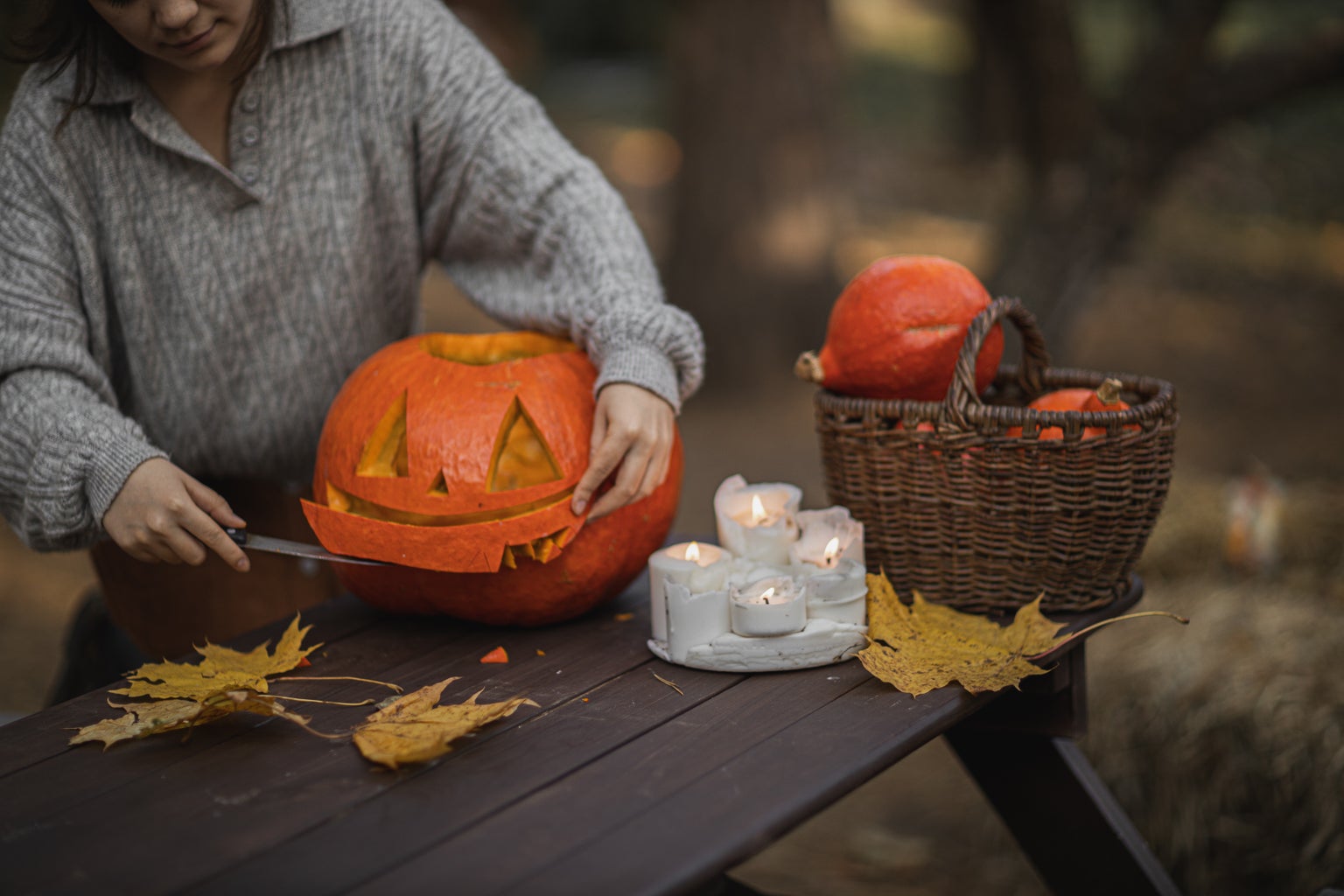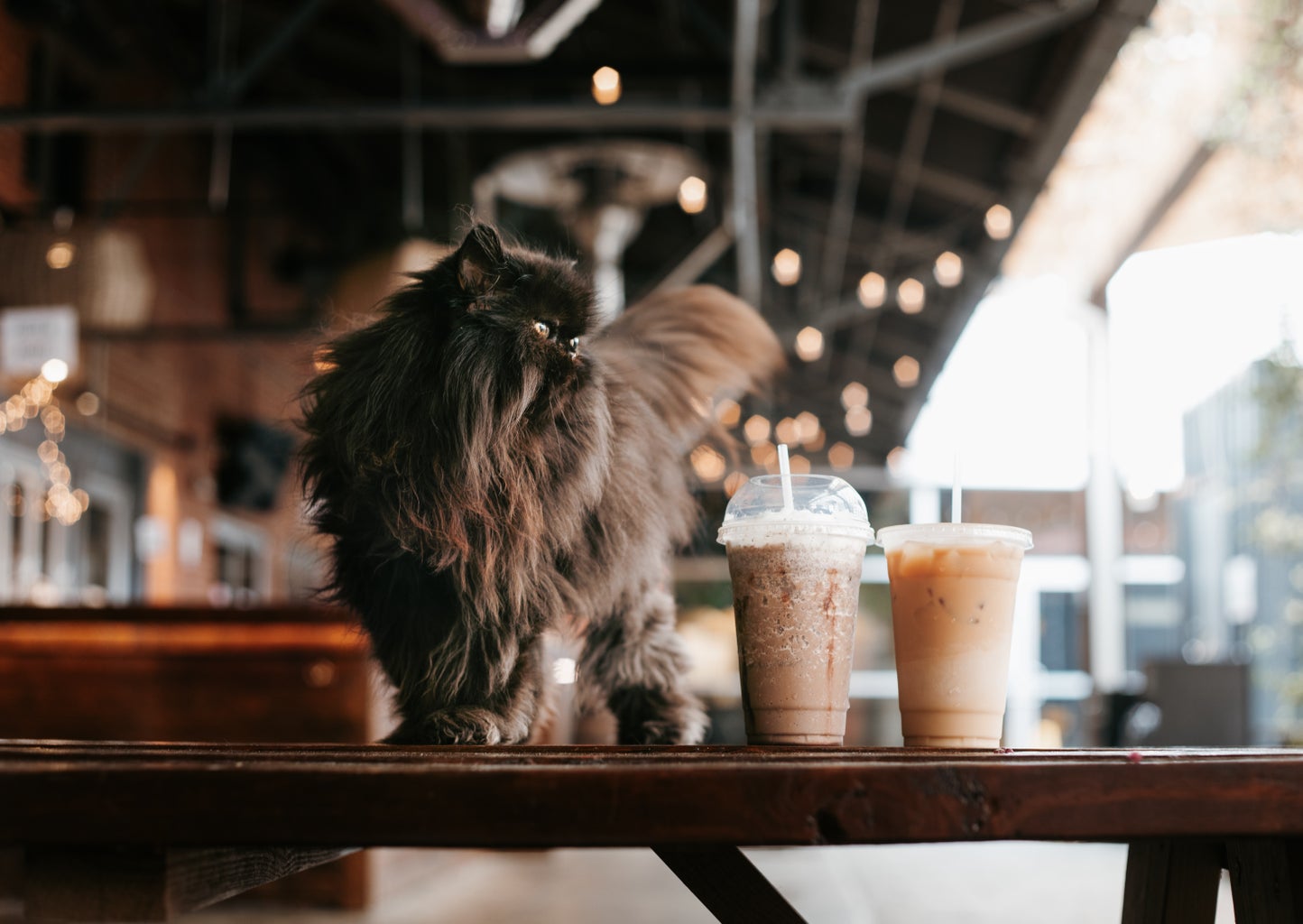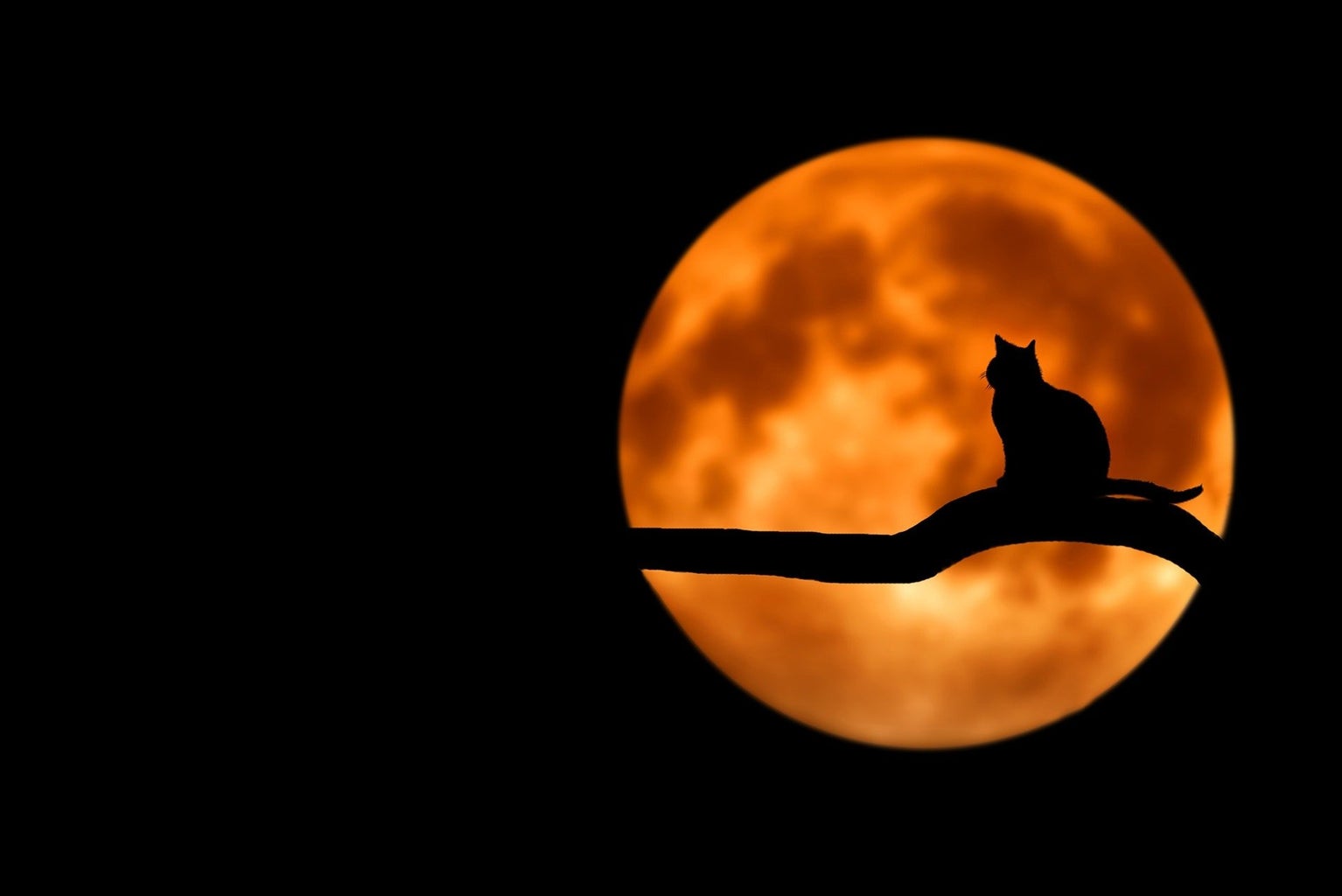Halloween is definitely my favorite holiday. I think the weather is perfect, and I love the way that we collectively celebrate and the rituals we have to celebrate such things.
One symbol of Halloween is “the black cat”, something I have always been interested in as my family has had a couple of black cats throughout my childhood and adolescence. On Halloween, my parents abide by never letting our black cat Toni outside (FYI: she is an indoor and outdoor cat!). They emphasize the possibility that people could harm her (and worse, also take her) because she represents such a significant symbol on a holiday in which teenagers are likely to drink and – sometimes – make poor decisions.
Our society characterizes the “black cat” as deceitful and daunting, and most generally as bearing “bad luck”. With regard to this holiday, we perceive her as the mystery of Halloween, which is most likely a result of the fact that she has been historically categorized as the companion of the witch. The witch, moreover, is associated with the supernatural and some semblance of evilness, as represented through the Salem Witch Trials (Yuko). Therefore, the idea of the black cat brought on by their historical relationship to the witch coalesces with the ritual of drinking and partying on Halloween. This makes it so that she is not only related to the darkness of night in the autumnal season (and thus “mystery”), but is also subjected to the gaze in which she becomes a token of bad luck because of her association to the representation of the “witch”.
But, I want to start to rewrite the script. My cat Toni is the antithesis of this portrayal. She is sweet, she is trusting, and she is generally less of a problem than our cat Richard. And throughout my life, the black cats I have met have been warm, friendly, and communicative. They are companions to everyday people, not to the historical representation of the witch.
To change the idea of “the black cat” as something fraught with the mystery and horror of fall, I would like to believe that she is instead a representation of good luck. I hope we get to a place where Toni is allowed to go outside and fill her metaphorical “bucket” on this holiday. I think we would have to collectively de-retualize her mystique and replace this identity with a characterization of abundance, kindness, and a welcoming aura.
I hope this holiday season, everyone thinks about how the black cat is represented in the media. But it is not only Halloween that people have specific feelings about black cats. There is empirical evidence surrounding a “black cat bias” in that people perceive black cats to be mysterious and symbols of this bad luck upon seeking an animal to adopt at a shelter (Wu).
We should ask ourselves, how does this black cat appear in sticker-books, on Pinterest, or on television? And what can we do to reshape her identity in Halloween so that she remains a part of this holiday but is known for her real qualities?
Works Cited
Yuko, Elizabeth. “Why Black Cats Are Associated with Halloween and Bad Luck.”
History.Com, A&E Television Networks, 2021, www.history.com/news/black-cats-superstitions.
Wu, Karen. “3 Reasons People Don’t Adopt Black Cats.” Psychology Today, Sussex
Publishers, 2020, www.psychologytoday.com/us/blog/the-modern-heart/202010/3-reasons-people-dont-adopt-black-cats.
